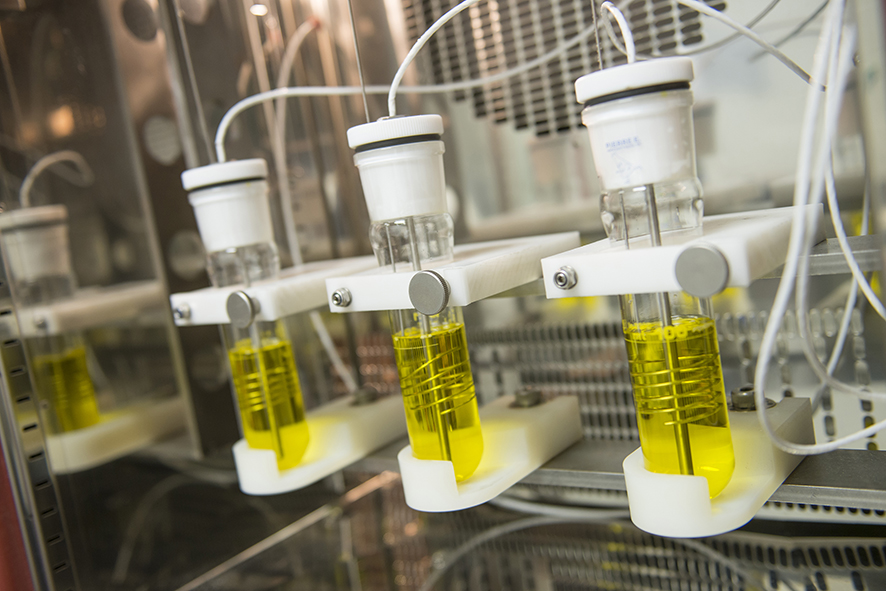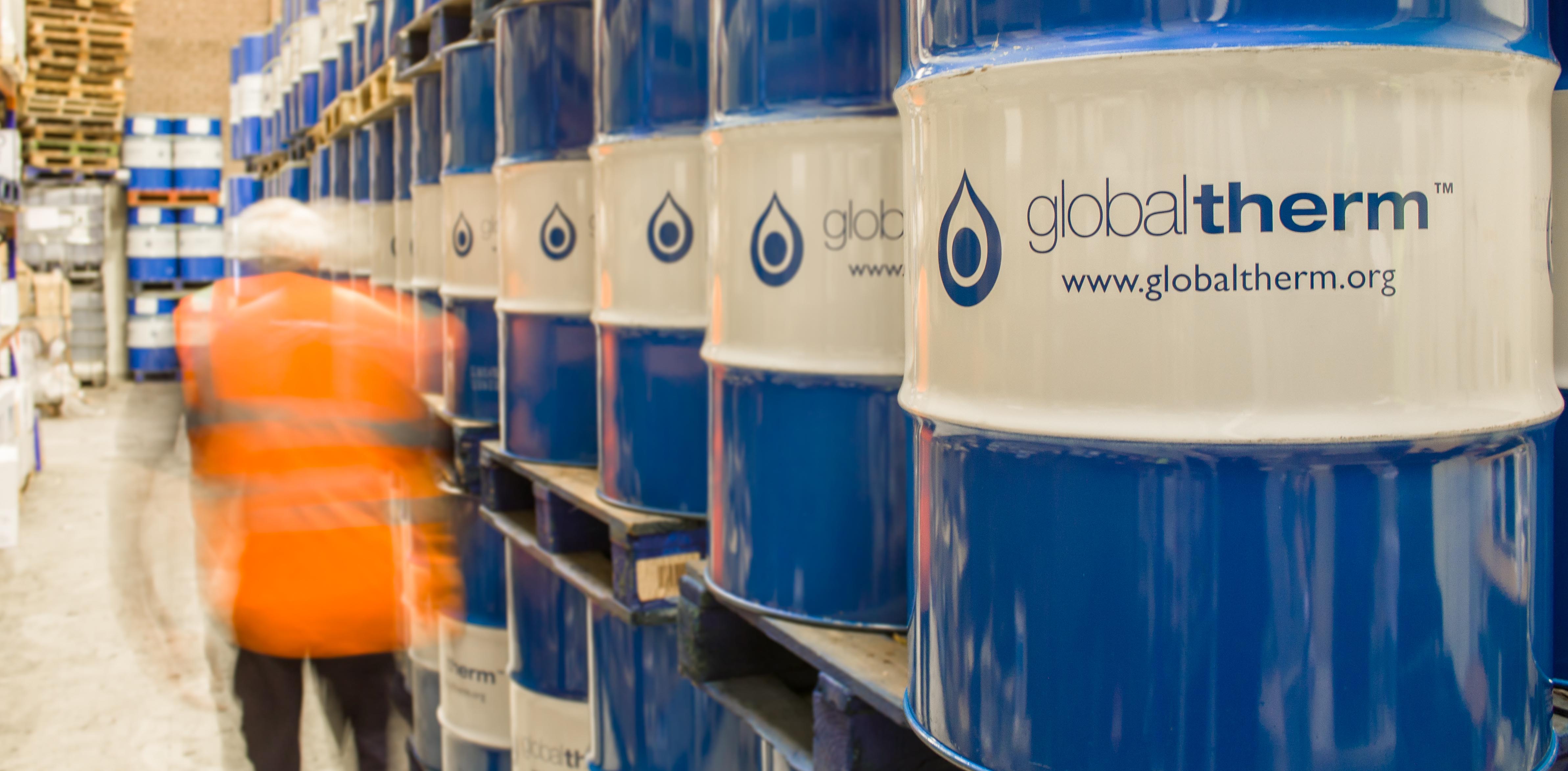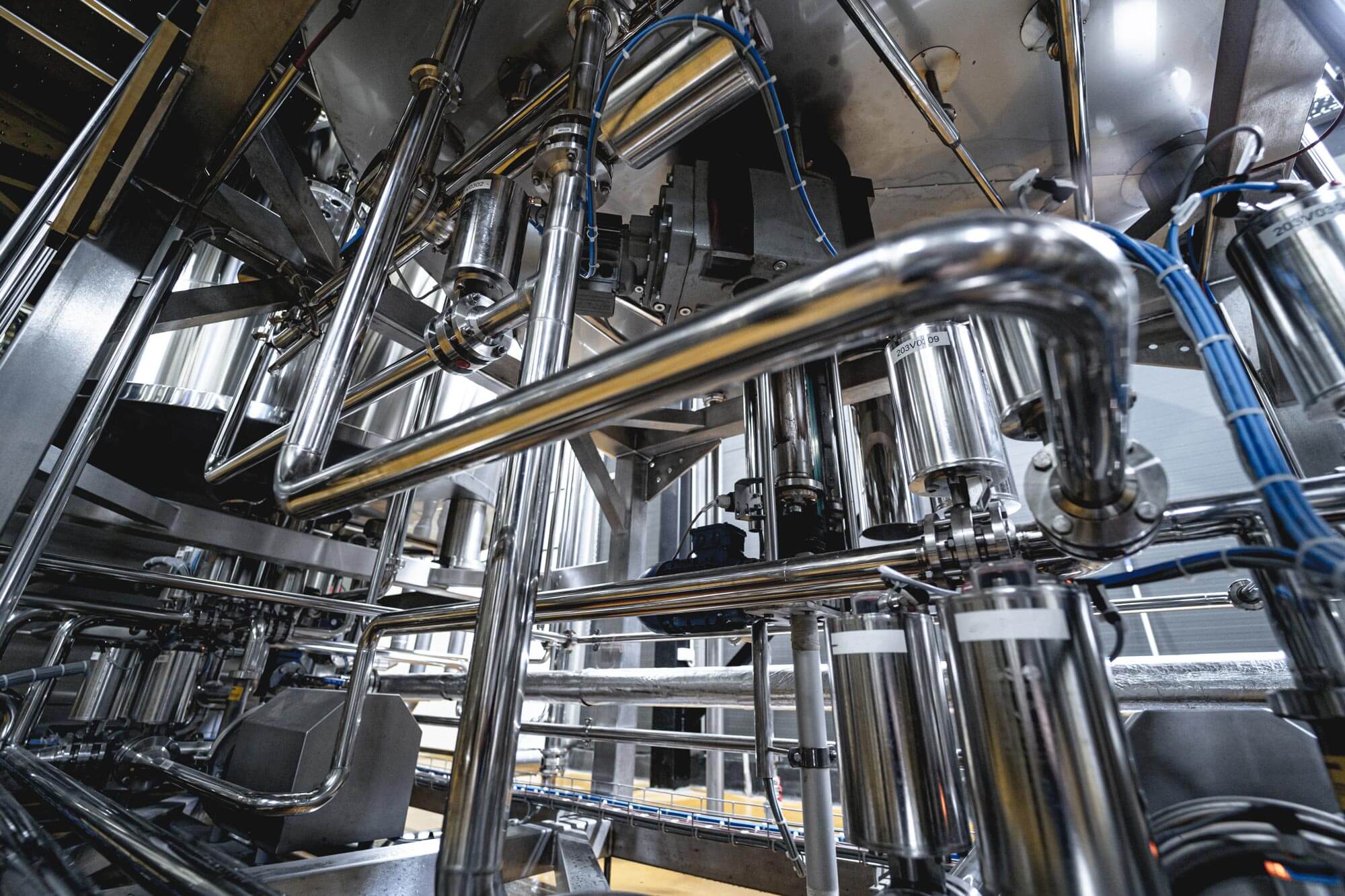How to Choose the very best Heat Transfer Fluid for Industrial Applications
How to Choose the very best Heat Transfer Fluid for Industrial Applications
Blog Article
How Heat Transfer Fluid Adds to Sustainable and Cost-efficient Procedures
In the contemporary industrial landscape, the duty of warm transfer liquids (HTFs) in advertising sustainable and cost-effective operations can not be overemphasized. These fluids are pivotal in optimizing thermal administration systems, therefore dramatically boosting power effectiveness and reducing operational costs. heat transfer fluid. The ecological benefits of sophisticated HTFs, with their high thermal stability and low poisoning, are indisputable.
Recognizing Warmth Transfer Liquids
In the world of thermal management, heat transfer liquids (HTFs) serve as essential representatives for moving thermal energy from one place to an additional. These liquids play a critical role in numerous commercial applications, including chemical processing, power generation, and HVAC systems. HTFs are especially crafted to operate within a vast array of temperature levels, effectively assisting in the transfer of heat while keeping a stable thermal account. Their capability to work under extreme problems-- whether heats or cryogenic degrees-- makes them crucial in environments requiring accurate thermal control.
The structure of warm transfer liquids can vary significantly, including options such as mineral oils, synthetic oils, glycols, and molten salts. Each type supplies distinctive advantages, such as improved thermal stability, low viscosity, and high boiling points, which are picked based on particular operational demands. Moreover, the choice of HTF effects not just the efficiency of heat transfer but likewise the long life and safety of the system in which it is employed.
As markets remain to innovate, the growth of advanced HTFs, defined by their enhanced thermal conductivity and decreased environmental influence, is vital for fulfilling the demands of contemporary thermal management obstacles.

Enhancing Energy Efficiency

Improving energy effectiveness has actually ended up being a vital issue across various sectors, triggering a better assessment of heat transfer fluids' function in optimizing thermal management systems. These fluids are essential to keeping the desired temperature in processes, therefore lessening energy waste and enhancing overall system effectiveness. By choosing an appropriate heat transfer liquid, markets can significantly boost their energy performance, bring about minimized energy usage.

Advanced solutions of heat transfer fluids have been developed to endure severe temperature levels while maintaining security and effectiveness. These technologies prolong the operational life-span of the fluid, lowering the frequency of substitutes and energy-intensive upkeep activities. Moreover, the usage of artificial or bio-based fluids provides added advantages in regards to minimized environmental impact, lining up with global sustainability goals. As a result, boosting energy efficiency via optimum warmth transfer fluid option is not just a technical necessity however additionally an environmental imperative.
Decreasing Functional Prices
Operational prices are a substantial factor to consider for markets looking for to preserve affordable benefit, and the selection of warmth transfer fluid plays a vital role in price monitoring. Picking an ideal warm transfer fluid can result in considerable price financial savings by enhancing system performance and minimizing energy consumption. High-performance fluids decrease thermal degradation, which in turn minimizes the frequency of fluid replacement and downtime related to maintenance, thus decreasing operational expenses.
Additionally, warmth transfer fluids with premium thermal security and corrosion resistance expand the life expectancy of tools. This decreases here are the findings the demand for regular repair services and substitutes, which can be expensive and disruptive to procedures. By purchasing high-quality fluids, industries can achieve lasting decreases in upkeep prices and improve the dependability of their systems.
In addition, progressed warm transfer fluids often exhibit reduced viscosity at operating temperature levels, which improves pump effectiveness and reduces power use in fluid blood circulation. Numerous modern warm transfer liquids are engineered to run efficiently over a large temperature variety, reducing the requirement for numerous liquid kinds, therefore simplifying supply needs and lowering connected expenses.
Ecological Effect Decrease
The press towards decreasing ecological impact has gained momentum in markets leveraging warm transfer liquids. Warm transfer fluids (HTFs) play a crucial duty in this change, offering possibilities to boost energy effectiveness and lower discharges - heat transfer fluid.
In addition, using advanced warm transfer fluids adds to better system performance, reducing the overall power usage. This reduction not just causes cost financial published here savings yet additionally lowers co2 discharges, assisting in the battle against climate adjustment. Fluids that are eco-friendly and recyclable additionally boost sustainability efforts, as they reduce waste and promote round economic climate methods.
In addition, incorporating HTFs into closed-loop systems stops fluid loss and contamination of the surrounding atmosphere. This method makes certain that liquids are reused, lowering the demand for brand-new sources hop over to these guys and restricting waste generation. By welcoming these environmentally aware approaches, sectors can considerably lessen their environmental impact while preserving high functional performance, straightening with international sustainability goals and governing needs.
Picking the Right HTF
Picking the proper warm transfer liquid (HTF) is an essential action in advancing ecological sustainability within industrial processes - heat transfer fluid. A suitable HTF should possess a high thermal ability, low thickness, and high thermal conductivity to ensure effective warm transfer.
This makes certain long life and reduces upkeep costs. The fluid needs to be non-toxic and naturally degradable, lessening its eco-friendly footprint and making sure compliance with environmental laws.
Conclusion

Report this page